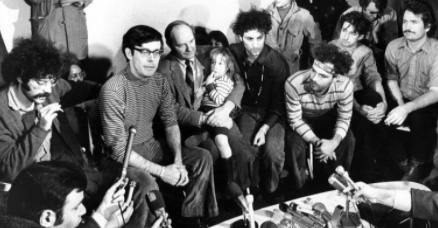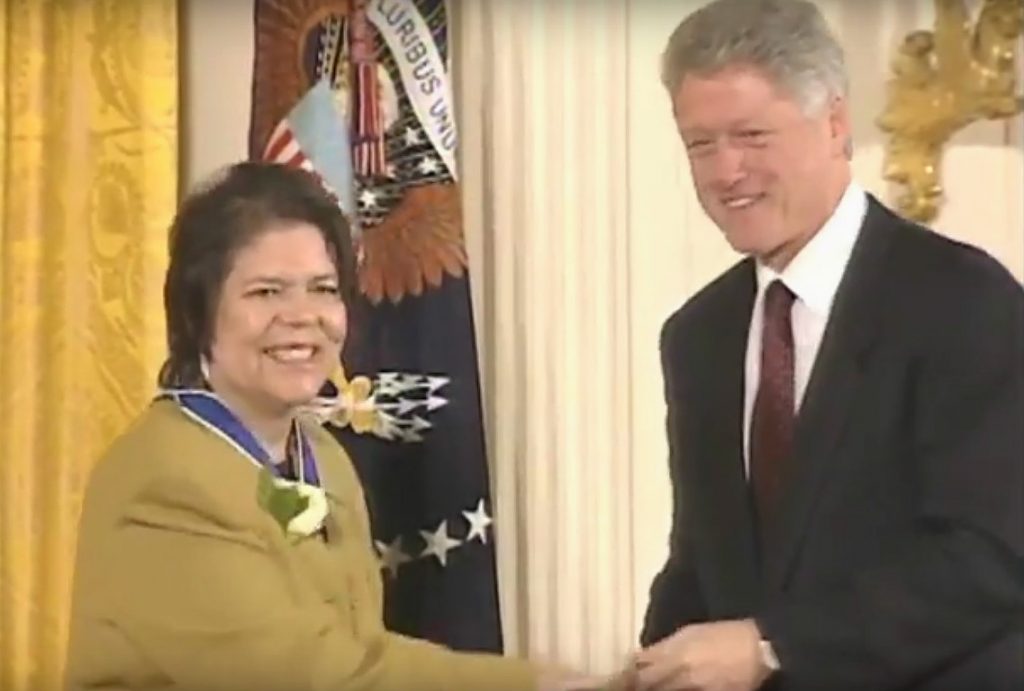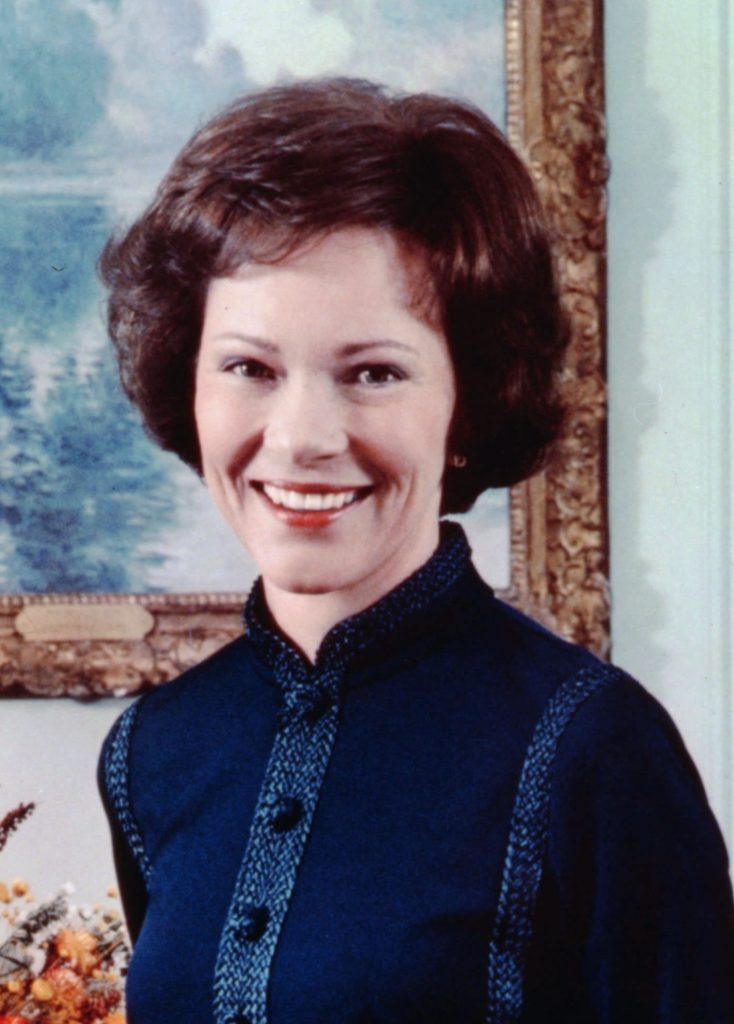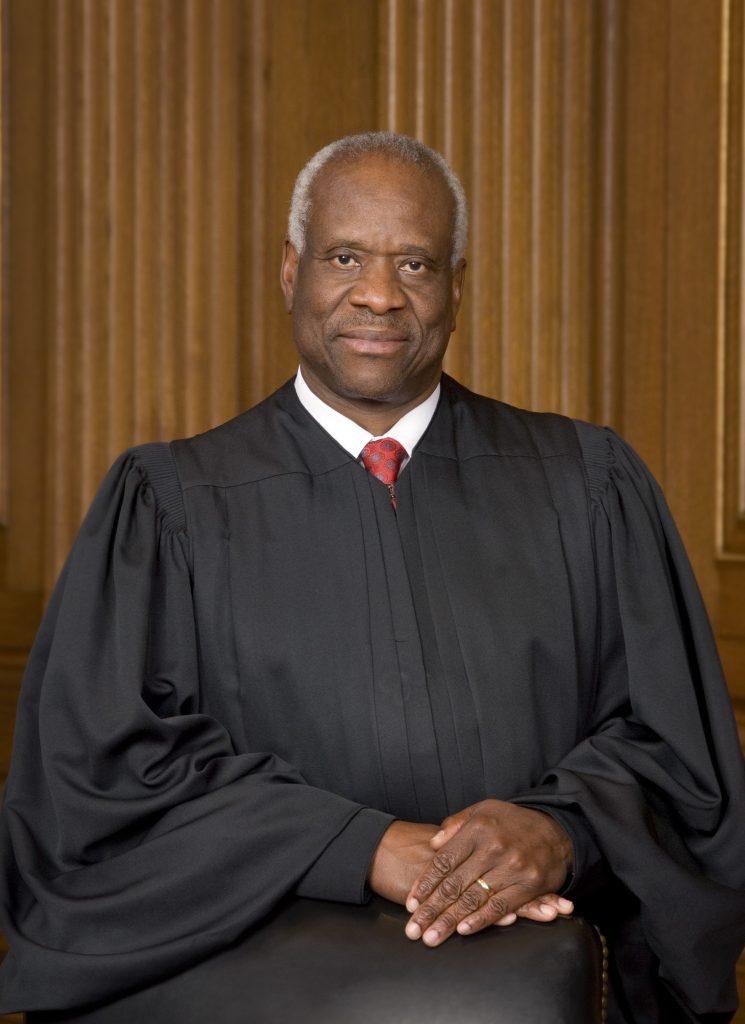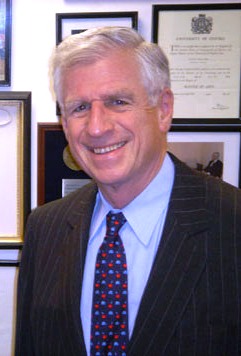
The 2024 Republican National Convention begins Monday in Milwaukee. Donald Trump will be formally nominated as the GOP standard bearer, and we expect to learn who his running mate will be.
Sixty years ago, convening in San Francisco, Republicans nominated firebrand Arizona Senator Barry Goldwater as their party’s nominee against incumbent Democrat Lyndon Johnson.
But ,many Republicans in 1964 saw Goldwater as too extreme. And Goldwater himself didn’t do much to calm those concerns, with his acceptance speech.

After being trounced by LBJ that fall, Goldwater remained in the Senate for another 22 years, helping shape the conservative policies of the GOP.
After his retirement, he wrote a memoir called simply Goldwater. And when I met him in 1988, the country was in the thick of the George H.W. Bush vs Michael Dukakis race. And as you’re about to hear, Goldwater had some very specific ideas about that contest.
So, here now, from 1988, Barry Goldwater.
Barry Goldwater died in 1998. He was 89.





